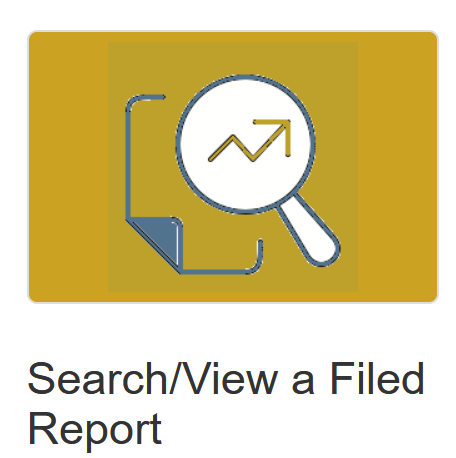Online Research Often Exposes The Truth.
MAGA matters and those running for office know it. That’s why candidates, mostly Republican but frankly of both parties, claim to be “conservative”.
 But, voter beware. Just because they say they’re conservative, they aren’t. They easily toss around the word “conservative” knowing that low-information voters are swayed by it. So, become a high-information voter using online resources!
But, voter beware. Just because they say they’re conservative, they aren’t. They easily toss around the word “conservative” knowing that low-information voters are swayed by it. So, become a high-information voter using online resources!
They hope you don’t do your homework. I hope you do. There are many places to get information about a candidate. Campaign literature and websites are not places to go except to learn what the candidate wants you to know. To get to the truth, you must do some research.
Watch what they do, not what they say. I’ve said this for a long time about candidates, something I’ve learned through my 35+ years involved in political campaigns. People can say anything, but they can’t change the record.
Candidates can modify their social media posts, but few are likely to do that unless their comments become big news. Think of candidates and/or office holders that have been caught by salacious or offensive posts. You can learn a lot by a quick scan of someone’s posts. If they’re on X (formerly known as Twitter), that’s the best place to take a quick scan.
 Candidates and office holders likely have to file financial reports with either the local election office or the Texas Ethics Commission or the Federal Elections Commission. Visit BastropVotes for local candidates. Visit the Texas Ethics Commission for district, judicial, or statewide candidates. Texas Ethics also has contributor information about Texas Political Action Committees (PACs). Visit the Federal Elections Commission for all federal candidates. A non-governmental source to “follow the money” is opensecrets.org where you can search by candidate, committee, or by donor. Open Secrets also has information about “dark money” groups, Super PACs and more.
Candidates and office holders likely have to file financial reports with either the local election office or the Texas Ethics Commission or the Federal Elections Commission. Visit BastropVotes for local candidates. Visit the Texas Ethics Commission for district, judicial, or statewide candidates. Texas Ethics also has contributor information about Texas Political Action Committees (PACs). Visit the Federal Elections Commission for all federal candidates. A non-governmental source to “follow the money” is opensecrets.org where you can search by candidate, committee, or by donor. Open Secrets also has information about “dark money” groups, Super PACs and more.
If a candidate is an incumbent, their votes will tell you whether they’re actually a conservative or not. For Texas legislators, Texas Legislature Online is chock full of information. For a Texas legislative ranking, visit Mark Jones’ analysis in the Texas Tribune or The Freedom Index where individual legislators can be searched. For US Congressmen & Senators, visit FreedomWorks for an analysis of their voting records.
For example, my Texas legislator received one 50% ranking. How good is that? Prior to casting my vote, I’ll compare it to other rankings and any opponents. My US Representative has a session ranking of 100%, and a lifetime ranking of 94.4%. I doubt any opponent can beat that!
For those running the first time, keep an eye on their financial reports. “Follow the money” is always true in politics. Search online, especially LinkedIn for bios which will include volunteer and employment histories.
Always look at a candidate’s past voter history. See if it’s published on one of your local GOP club websites. If you can’t find it online, then ask your local GOP chair for the information.
If you can find the name of a candidate’s treasurer or campaign chair, search them as well. People typically take these roles for candidates who are like-minded and who the treasurer and chair want in office. You won’t find too many Republicans serving as campaign chairs or treasurers for liberal democrats, and vice versa.
Your vote is critical to the survival of our nation. If you, like me, consider yourself a conservative and vote accordingly, then do your job. Do your homework. Know before you go!